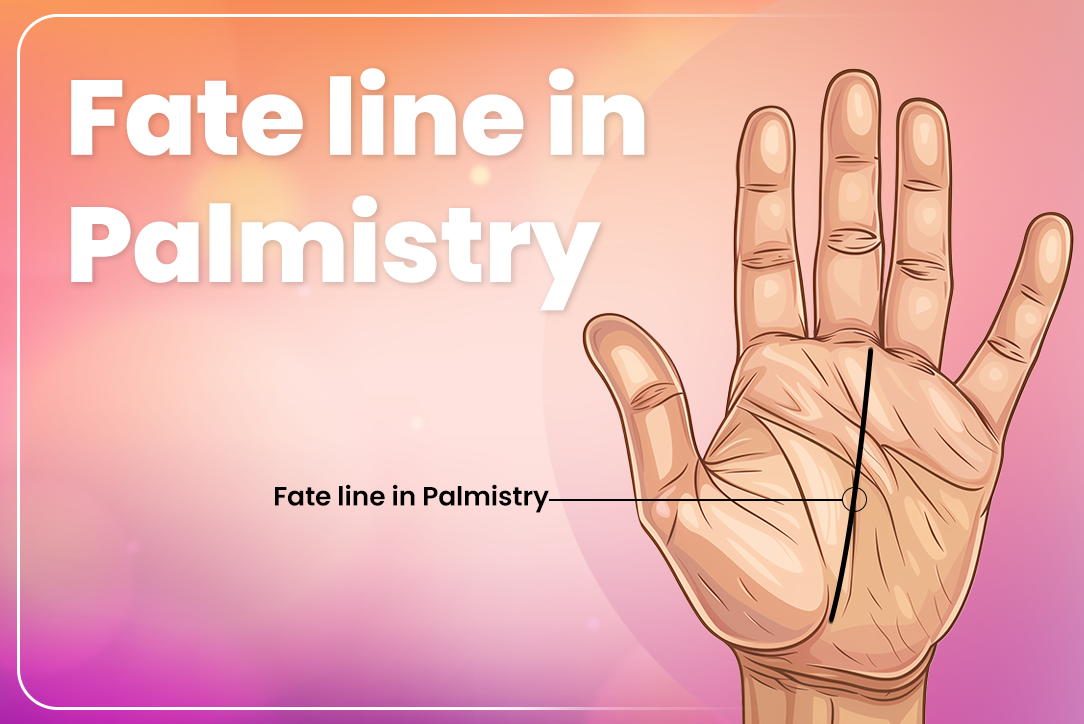Do you feel drowsy when waking up, even though you went to bed very late and slept long enough? You’re not alone. Recently, to my surprise, the reason has nothing to do with stress or lack of a decent routine, but with how you sleep. Most of us picture good sleep as something that comes from a comfortable bed, a dark room, or a peaceful room. Although those are a set of advantages, Vastu Shastra, which is a highly ancient Indian science dealing with establishing balance in our environment, instructs that the manner in which you sleep also contributes significantly to your sleep, health, and energy levels. This is referred to as the sleeping direction as per Vastu, and it is more powerful than people are made to believe.
Vastu provides that most of the human body parts will react to the direction as the sun rises in the east and follows its course towards the west. Our body reacts to natural forces of the Earth’s magnetic field and the movement of energy in different directions. If your head is not in the correct direction during the night, it can disturb your natural body balance. This can lead to poor sleep, headaches, mood swings, and lack of concentration during the day. Yet, when you sleep in the direction to sleep, your body will be rested, your mind will be relaxed, and you will wake up refreshed and calm. You do not have to make a significant change in your room on the basis of these simple Vastu recommendations; you just have to shift your bed or the direction in which you sleep. During this busy life, most people cannot get deep sleep and thus good rest, and hence, one can make use of Vastu’s sleeping direction advice that becomes easy and efficient for their own well-being.
Why Sleeping Position as per Vastu Matters?
The sleeping direction plays a vital role in the quality of rest and overall well-being, as explained in Vastu Shastra, the ancient Indian science of space and energy alignment. The human body is influenced by the Earth’s magnetic field, and when we sleep with our head in the wrong direction, such as facing North, it can create energetic imbalances that disturb blood circulation, affect brain function, and lead to restless sleep or stress. On the other hand, aligning your sleeping position with natural forces—like keeping your head towards the South or East—helps the body rest more deeply, promotes mental clarity, and supports emotional balance. Since we spend a large portion of our lives sleeping, following the correct sleeping direction as per Vastu is a simple yet powerful step toward better health and peace of mind.
According to Vastu, which direction to sleep?
Vastu Shastra points out that even the smallest things, like your sleeping position, can have an impact on your health, peace of mind, and energy. The Earth also has natural magnetic and energy fields, and sleeping in harmony with them can impact your body’s cycle. Thus, as per Vastu in which direction to sleep becomes a crucial aspect of home and life planning.
1. According to Vastu Sleeping Position – The South is Supreme
Among all orientations, in Vastu sleeping direction, the most helpful is to sleep head South and feet North. It is practiced to a great extent as the most peaceful and stable sleeping direction in traditional and modern Vastu traditions.
Benefits of Sleeping to the South:
- Utilizes physical wellness and mental serenity.
- Works in harmony with Earth’s magnetic flow, inducing sleep.
- Reduces pressure and induces long-term well-being.
- Beneficial for older individuals or those with illnesses.
2. East Direction – As Per Vastu, the Best Direction to Sleep for Mental Growth
If you’re wondering, as per Vastu in which direction to sleep to enhance focus and intellect, the answer is East. This path is usually regarded as agreeing with Vastu best direction to sleep for individuals seeking psychological peace and personal development.
Why Choose East?
- Ideal for students, teachers, or anyone engaged in learning or research.
- Boosts memory, clarity, and spiritual awareness.
- Encourages fresh energy and a productive start to the day.
3. West Direction – A Practical but Neutral Choice
The West direction, while not being very auspicious, is also acceptable as per Vastu principles. It is a middling possibility which does not bestow high spiritual or health gains but nor does it give damage. Although not the best approach, it is not harmful if no other way exists.
What to Expect:
- It can bring material success and ambition.
- It can give a restless mind, particularly in sensitive sleepers.
- It may suit individuals with high-speed or competitive occupations.
4. North Direction – According to Vastu Sleeping Direction to Avoid
According to Vastu, sleeping with your head towards the North should be avoided. This is considered the most inauspicious orientation in Vastu Shastra and is believed to interfere with the body’s energy flow.
Why North is Inauspicious:
- It goes against the natural magnetic orientation of the Earth.
- May disturb blood circulation, particularly toward the brain.
- Can lead to poor sleep, stress, headaches, and even long-term health issues.
- Considered especially harmful for elderly people or those with heart or neurological conditions.
Scientific Reasoning Behind Vastu Sleeping Directions
Vastu Shastra is not only spirituality beliefs-based; it’s based on natural science, that being the flow of energy around and through us. One of the major things it discusses is head direction when sleeping and how it affects your physical health, emotional equilibrium, and mental acuteness. Astonishingly enough, contemporary science has findings that correlate quite well with these ancient standards.
1. Alignment of the Head and Earth’s Magnetic Field
The Earth’s magnetic field runs from North to South. If your sleeping direction Vastu-head is facing towards the North, it causes a magnetic conflict with the natural polarity of your body. This can result in sleep with disturbance, tension, and even headaches. Vastu suggests aligning your head to the South for the majority of people, where it aligns your body with the Earth’s magnetic power.
2. Blood Flow and Gravity Pull
Sleeping on your head can cause pressure inside the brain due to opposing magnetic currents and the gravitational pull. When sleeping with your head pointed north, there is an uneven blood flow, which can cause neurological disorders. It is because the best sleeping direction scientifically validates the Vastu principle of sleeping with your head in the South and legs in the North.
3. Morning Light and Body Clock
Having the sleeping direction in bed as suggested by Vastu in the direction of East is best for people who want mental clarity and spiritual development. Morning sun naturally enters the room and maintains the level of melatonin, which is very important to your body clock. Sleeping in the direction of your face towards East helps you get up early as well as feel rejuvenated, particularly for academics or artists.
4. Avoiding Electromagnetic Stress
Bedrooms today also contain equipment and wiring that give off electromagnetic radiation. Selecting a bedroom sleeping direction according to Vastu that reduces exposure to such interference is helpful. South or East directions not only correspond to natural energy but also reduce the influence of electromagnetic pollution.
Common Vastu Tips for Sleeping Direction
In pursuit of peaceful sleep, placing your bedroom and bed according to the principles of Vastu Shastra can prove beneficial. Ancient Indian philosophy places considerable emphasis on the truth that how the energy flows in a room impacts your emotional, physical, and mental state. The following are some common and helpful tips for sleeping direction by Vastu:
- Head Should Face South or East While Sleeping: As per head sleeping direction Vastu, the best suggested posture is sleeping with the head in the direction of South or East. Both these directions are in line with the Earth’s magnetic field and gravitational force. Sleeping in this position prevents obstruction in blood circulation, mental calmness, and sound sleep.
- Never Sleep in the North Direction: If you wish to know the direction of your head during sleeping, North is the worst. According to Vastu and science, it is also said that the magnetic repulsion between your head and the Earth’s magnetic field can disrupt sleep and cause stress to a higher level. It is particularly important for elderly people or patients of chronic diseases.
- East is Ideal for Students and Thinkers: For students and innovative individuals, sleeping with your head in the Eastern direction is highly commendable. It’s scientifically the best direction to sleep for enhanced concentration, memory, and wakefulness. Sleeping facing East aligns your body with sunrise energy for an invigorating morning.
- Place the Bed in the Direction of the Room’s Energy: As per Vastu, the sleeping direction on bed, position the bed in the southwestern corner of the bedroom to keep it stable. The bed must not be directly under a beam or held parallel to the door because it will interrupt sleep and lead to mental fatigue. The sturdy wall at the back of the bed physically and energetically stabilizes it.
- Ideal Bedroom Direction: The direction of sleeping in the bedroom according to Vastu is that the bedroom must be placed in the southwest corner of the house. This provides grounding energy and enhances long-term life and relationship stability. The master beds should not be placed in the north or northeast space, as this will cause imbalance and confusion.
- No Mirrors Facing the Bed: Mirrors that are directly opposite the bed are believed to reflect energy around the room, which may cause tossing and turning and nervousness. They can also reflect negative energy into your bedroom. It’s more advisable to place mirrors in a spot where they do not mirror the bed.
- Clear the Space Under the Bed: For optimal energy circulation, place nothing under your bed. Placing things, particularly useless or broken ones, there can shift stagnant energy and influence the quality of your sleep. Vastu offers open and unrestricted space around and below the bed for a restful sleeping environment.
Conclusion
In conclusion, the direction of your head while sleeping may seem like a minor detail, but as emphasized by Vastu Shastra and supported by scientific reasoning, it plays a significant role in the quality of your rest and overall well-being. Whether you’re seeking deeper sleep, better concentration, or emotional stability, aligning your sleeping direction to Vastu—especially with your head towards the South or East—can positively influence your physical and mental health. Avoiding common mistakes like sleeping with your head to the North, placing the bed under beams, or ignoring clutter can create a more harmonious and restful environment. These simple adjustments don’t require a complete room makeover, just thoughtful changes that bring your lifestyle in tune with natural energies. When done right, even a small shift in your bed’s direction can make a big difference in how you sleep, wake, and feel every day.
Related Blogs












